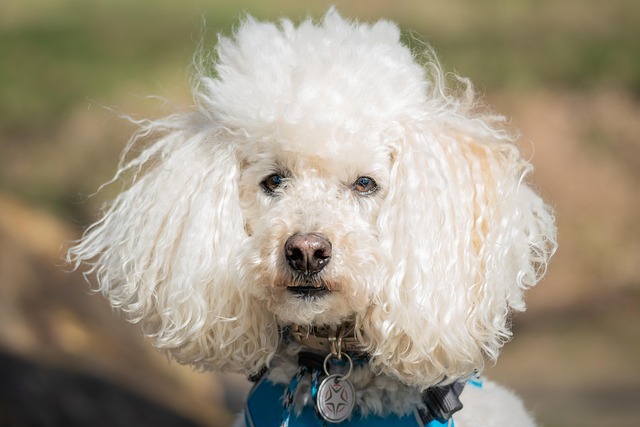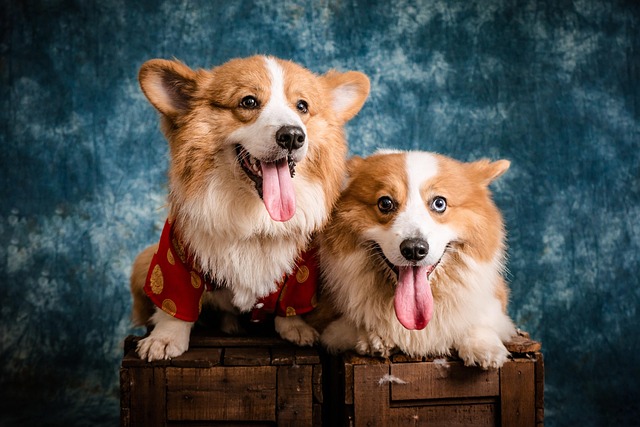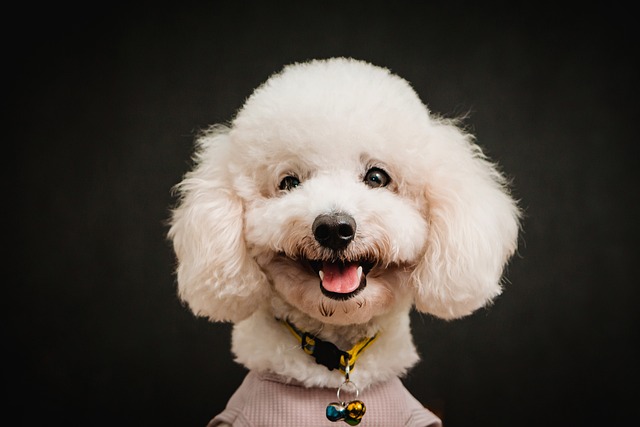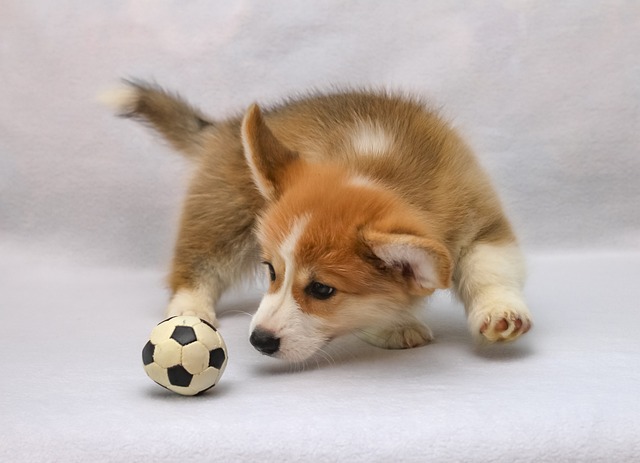
How do you prevent parasites in dogs
If you’ve found tiny fleas hopping off your puppy’s fur or noticed your adult dog scooting their bottom on the carpet, you know how frustrating—and risky—parasites can be.
If you’re a new dog parent in the US—maybe you’re cleaning up another loose stool from your 6-month-old Poodle mix, Bella, in your Chicago apartment, or you’ve noticed your 3-year-old Beagle, Cooper, turns up his nose at his food and seems sluggish—you’ve probably wondered: Is this just a stomach bug? Or is his gut not working right? A dog’s gut health affects everything from their energy to their mood, and improving it naturally doesn’t require fancy meds—just simple, daily changes. Let’s break this down so you can help your pup feel their best.
First, let’s keep the science simple: A dog’s gut is full of “good bacteria” that help digest food, fight off sickness, and even keep their mood steady. When that balance gets off—from eating table scraps, stress (like moving to a new apartment), or sudden diet changes—the “bad bacteria” take over, causing diarrhea, gas, or pickiness. Natural gut health fixes focus on feeding those good bacteria and calming gut irritation. My friend Mia in Texas learned this with her rescue dog, Lua: Lua had constant upset tummies until Mia added a spoonful of plain yogurt to her meals—within a week, her stools were firm, and she started eating with excitement again. Small, food-based swaps make all the difference.
Here’s how to improve your dog’s gut health naturally, step by step: Start with probiotics—these are the “good bacteria” that boost gut balance. Add plain, unsweetened yogurt (1–2 tablespoons a day, depending on your dog’s size) to their kibble, or try a dog-specific probiotic powder (look for “live cultures” on the label). Next, add fiber—cooked pumpkin (not the spiced pie kind!) or green beans help regulate digestion; mix 1 tablespoon into their food to ease diarrhea or constipation. For apartment living, stick to a consistent feeding schedule (7 AM and 7 PM works great)—sudden meal times stress their gut, and regular potty breaks after eating cut down on accidents. Use positive reinforcement to make new foods fun: Sprinkle a little yogurt on top of their kibble and say “yummy!”—never force them to eat (punishment goes against US animal welfare norms and makes mealtime stressful, which worsens gut issues). Avoid table scraps, especially fatty or spicy foods—they throw off gut bacteria and can cause pancreatitis.

Now, let’s tie in rules and habits that matter. Every US state requires core vaccines (distemper, parvovirus)—a healthy gut boosts their immune system, so vaccines work better. Skipping shots could get you fined $150+ in California or New York, and a dog with gut issues is more likely to get sick. When you walk your dog (even with mild gut troubles), always clean up their poop—cities from Seattle to Boston fine up to $300 for leaving waste, and the consistency of their poop is a great gut health check (firm, log-shaped is ideal). For apartment living, avoid scented candles or air fresheners near their food bowl—chemicals can irritate their nose and gut, making them less likely to eat. At the dog park, don’t let them eat grass or dirt (common gut irritants)—redirect them with a toy and praise them for playing instead. If gut issues last more than 2 days, call your vet—they can rule out serious problems like parasites.
Improving your dog’s gut health naturally is all about consistency, not perfection. With probiotics, fiber, and a steady routine, you’ll watch Bella’s energy return and Cooper’s appetite come back. Before you know it, mealtime will be stress-free, and cleanup will be a breeze—all while keeping your pup healthy from the inside out.

If you’ve found tiny fleas hopping off your puppy’s fur or noticed your adult dog scooting their bottom on the carpet, you know how frustrating—and risky—parasites can be.

If you’ve been brushing your dog only to find clumps of dull fur and flaky skin on the brush, or caught them chewing their paws raw from irritation

Corgis are known for their perky, upright ears, so when those ears suddenly fold back, it’s easy to wonder what’s going on.

If you’ve found yourself staring at your 3-month-old puppy’s empty bowl, wondering if two large meals are enough—or if three smaller ones are overdoing it—you’re far from alone.

If you’ve been scooping 1 cup of puppy kibble into your furry friend’s bowl each morning and noticing them hovering by the pantry an hour later, you’re probably wondering if that’s really enough.

If you’ve flipped through a pet magazine or stood in the dog food aisle wondering when to swap your pup’s regular kibble for the “senior” bag, you’re not alone.